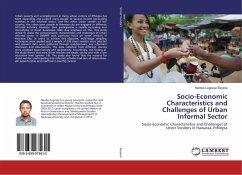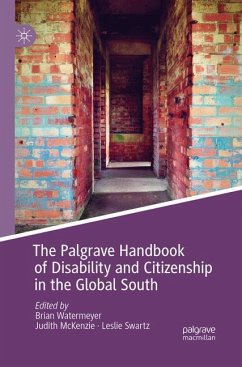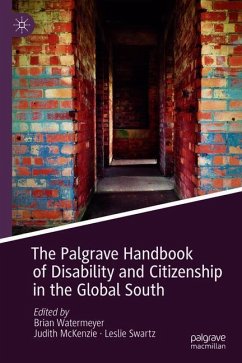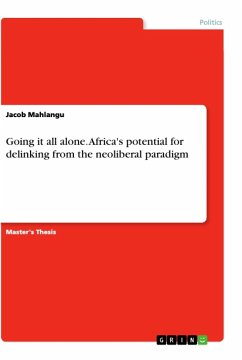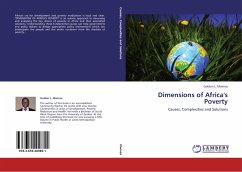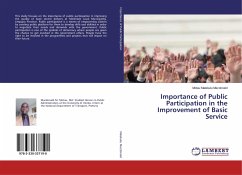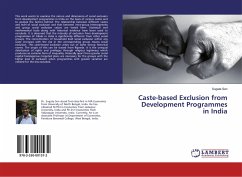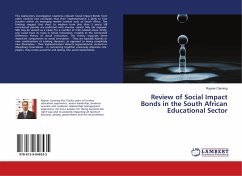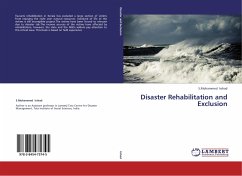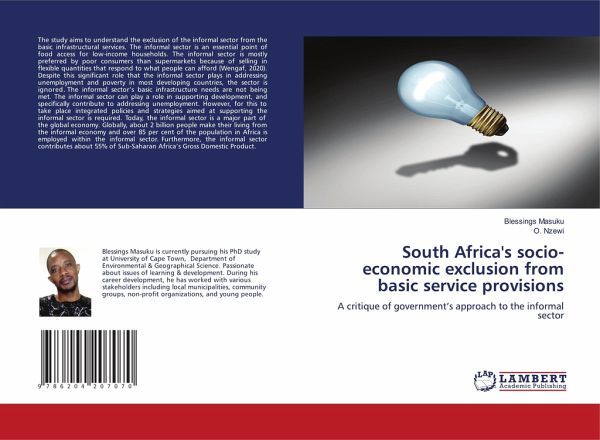
South Africa's socio-economic exclusion from basic service provisions
A critique of government's approach to the informal sector
Versandkostenfrei!
Versandfertig in 6-10 Tagen
27,99 €
inkl. MwSt.

PAYBACK Punkte
14 °P sammeln!
The study aims to understand the exclusion of the informal sector from the basic infrastructural services. The informal sector is an essential point of food access for low-income households. The informal sector is mostly preferred by poor consumers than supermarkets because of selling in flexible quantities that respond to what people can afford (Wengaf, 2020). Despite this significant role that the informal sector plays in addressing unemployment and poverty in most developing countries, the sector is ignored. The informal sector's basic infrastructure needs are not being met. The informal se...
The study aims to understand the exclusion of the informal sector from the basic infrastructural services. The informal sector is an essential point of food access for low-income households. The informal sector is mostly preferred by poor consumers than supermarkets because of selling in flexible quantities that respond to what people can afford (Wengaf, 2020). Despite this significant role that the informal sector plays in addressing unemployment and poverty in most developing countries, the sector is ignored. The informal sector's basic infrastructure needs are not being met. The informal sector can play a role in supporting development, and specifically contribute to addressing unemployment. However, for this to take place integrated policies and strategies aimed at supporting the informal sector is required. Today, the informal sector is a major part of the global economy. Globally, about 2 billion people make their living from the informal economy and over 85 per cent of thepopulation in Africa is employed within the informal sector. Furthermore, the informal sector contributes about 55% of Sub-Saharan Africa's Gross Domestic Product.



